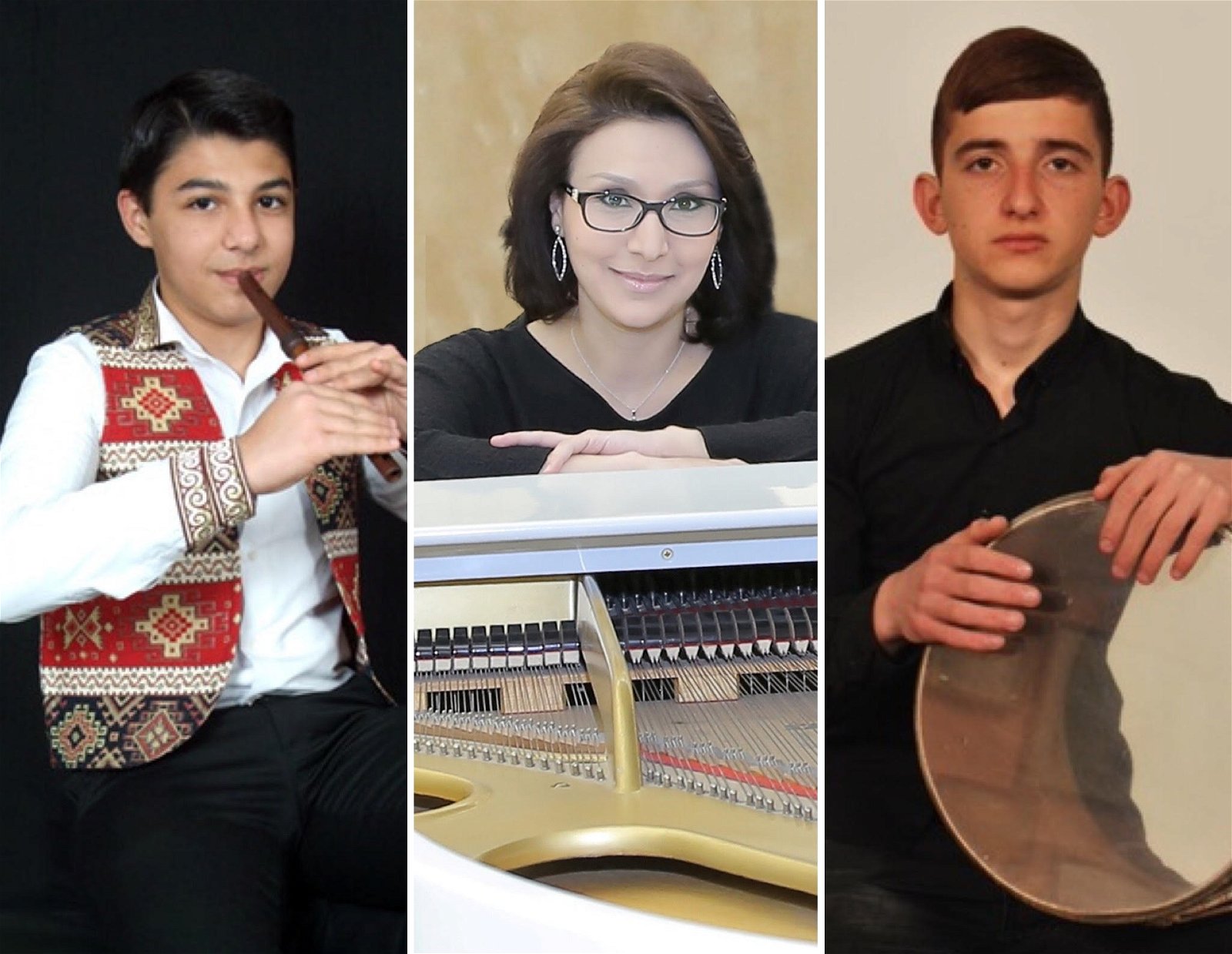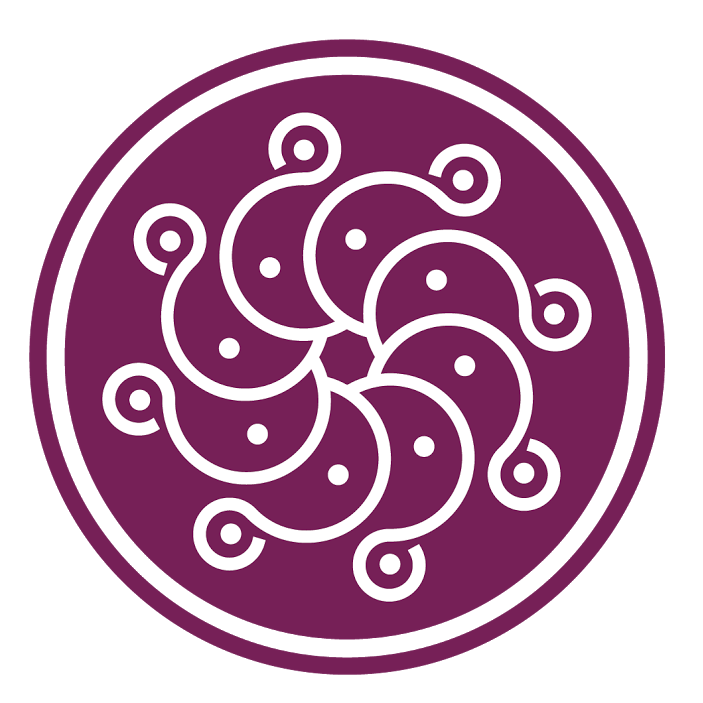WATERTOWN, Mass.—The Armenian Museum of America re-opened in June with revamped galleries of ancient and medieval artifacts, as well as two contemporary art exhibits in its Adele and Haig Der Manuelian Galleries. Although the Museum is open, it will continue to offer virtual programming for members and patrons in other cities.

The sixth online concert “Past Meets Present” will be shown online on Thursday, August 19 at 7:30 pm EST (4:30 pm PST). The concert series is supported by a grant from the Dadourian Foundation and is curated by artistic director, composer and conductor Konstantin Petrossian.
The performance features the young shvi player David Harutyunyan and Levon Babayan on dhol, accompanied by pianist Lusine Karapetyan. The trio will perform traditional Armenian songs in a video recorded in Armenia exclusively for the Museum.
“The Museum adapted quickly during the temporary closure last year,” explains Armenian Museum of America executive director Jason Sohigian. “We worked on two tracks, updating our galleries and developing a major series of online programs including this concert series and a monthly virtual exhibition highlighting objects in our collection. The response to the online and in-person material has been great so we hope to continue in both directions.”
The virtual concert is free. Pre-registration is not required. It will be available on the Museum’s website, Facebook page and YouTube channel.
The Museum’s upcoming monthly virtual exhibition will highlight objects donated to its collection by Dr. Paul and Vicki Bedoukian and by Dr. Robert and Gail Bedoukian. The gallery of images with descriptions will be available online on Thursday, August 12 under the Exhibitions tab of its website.
“The Museum is celebrating its 50th anniversary this year, so we thought it would be fitting to share some of the artifacts donated by the Bedoukian Family,” adds Sohigian. “Our founder Haig Der Manuelian was persistent and methodical in the way he established the Museum together with the other founding members. It wasn’t long until he gained the trust of the Bedoukians, who had become prominent collectors and researchers of Armenian artifacts, and they became leadership supporters and donors to the organization.”
The Armenian Museum has had many collections donated over the years, but perhaps none as committed to the development and mission of the Museum as the Bedoukians. The family has donated thousands of items that are the core of its collection and many are currently on display.
The Armenian Museum of America is the largest Armenian museum in the Diaspora. It has grown into a major repository for all forms of Armenian material culture that illustrate the creative endeavors of the Armenian people over the centuries. Today, the Museum’s collections hold more than 25,000 artifacts including 5,000 ancient and medieval Armenian coins, 1,000 stamps and maps, 3,000 textiles and 180 Armenian inscribed rugs.
In addition to more than 30,000 books in the Mesrop G. Boyajian Research Library, there is an extensive collection of Urartian and religious artifacts, ceramics, medieval illuminations and various other objects. The collection includes historically significant objects, including five of the Armenian bibles printed in Amsterdam in 1666. The Museum is open Fridays through Sundays from 12:00 noon to 6:00 pm.



I have a Bible used by many. The last was Miss C. Shattuk. If there is a space in your museum, I will ship it to you